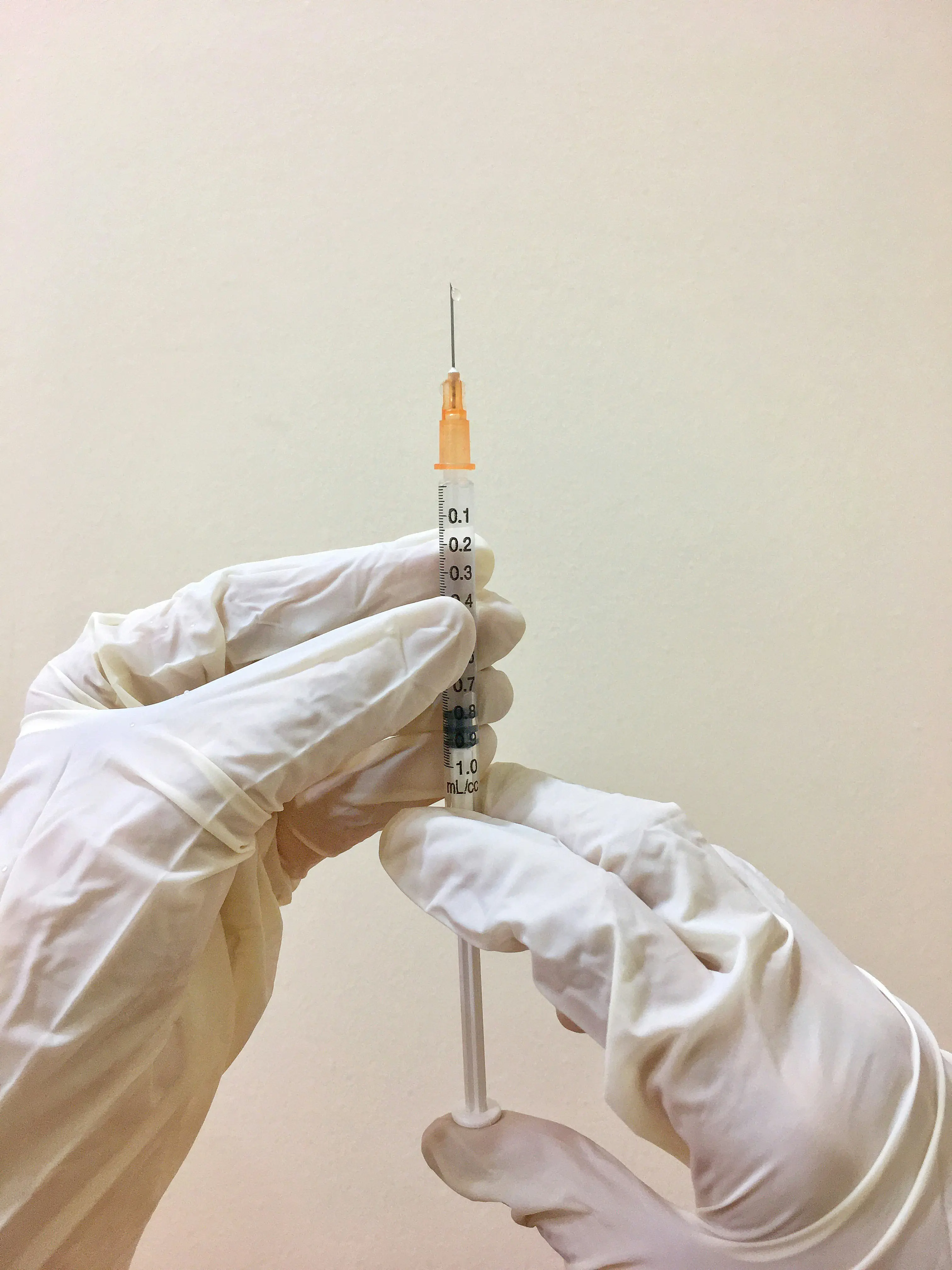Breakthrough In Skin Cancer: Pembrolizumab Shows Promising Results

Scientists at UCLA, along with their colleagues, have unveiled groundbreaking findings in the treatment of desmoplastic melanoma, a rare and aggressive form of skin cancer. Their research, detailed in the journal Nature Medicine, highlights the potential of an immunotherapy drug known as pembrolizumab to significantly reduce or even eradicate tumors in patients whose cancer could not be addressed through surgery.
The study's results are nothing short of remarkable. Nearly 90% of participants in the clinical trial experienced a dramatic shrinkage or complete elimination of their melanoma tumors after being administered pembrolizumab. This discovery positions the drug as a beacon of hope for those battling this challenging cancer type.
One of the standout aspects of the research is the speed and durability of the response to the treatment. Many patients observed tumor reduction within just two months of starting the therapy, and a significant number remained in remission even after discontinuing the drug. The study reported that after a three-year period, 84% of trial participants were still alive, with 72% showing no signs of cancer advancement.
Pembrolizumab belongs to a class of medications known as anti-PD-1 immune checkpoint inhibitors. These drugs enhance the body's immune response against cancer by helping T cells, a type of immune cell, recognize and attack cancerous cells more effectively.
Dr. Antoni Ribas, the senior author of the study and a prominent figure at UCLA's David Geffen School of Medicine, expressed optimism about these findings. He stated, "The promising results from this trial show that pembrolizumab can offer durable benefit for patients with a melanoma subtype that previously had no successful treatment options."
This groundbreaking research received funding support from the National Institutes of Health and the National Cancer Institute, underlining the study's significance in the ongoing fight against cancer.